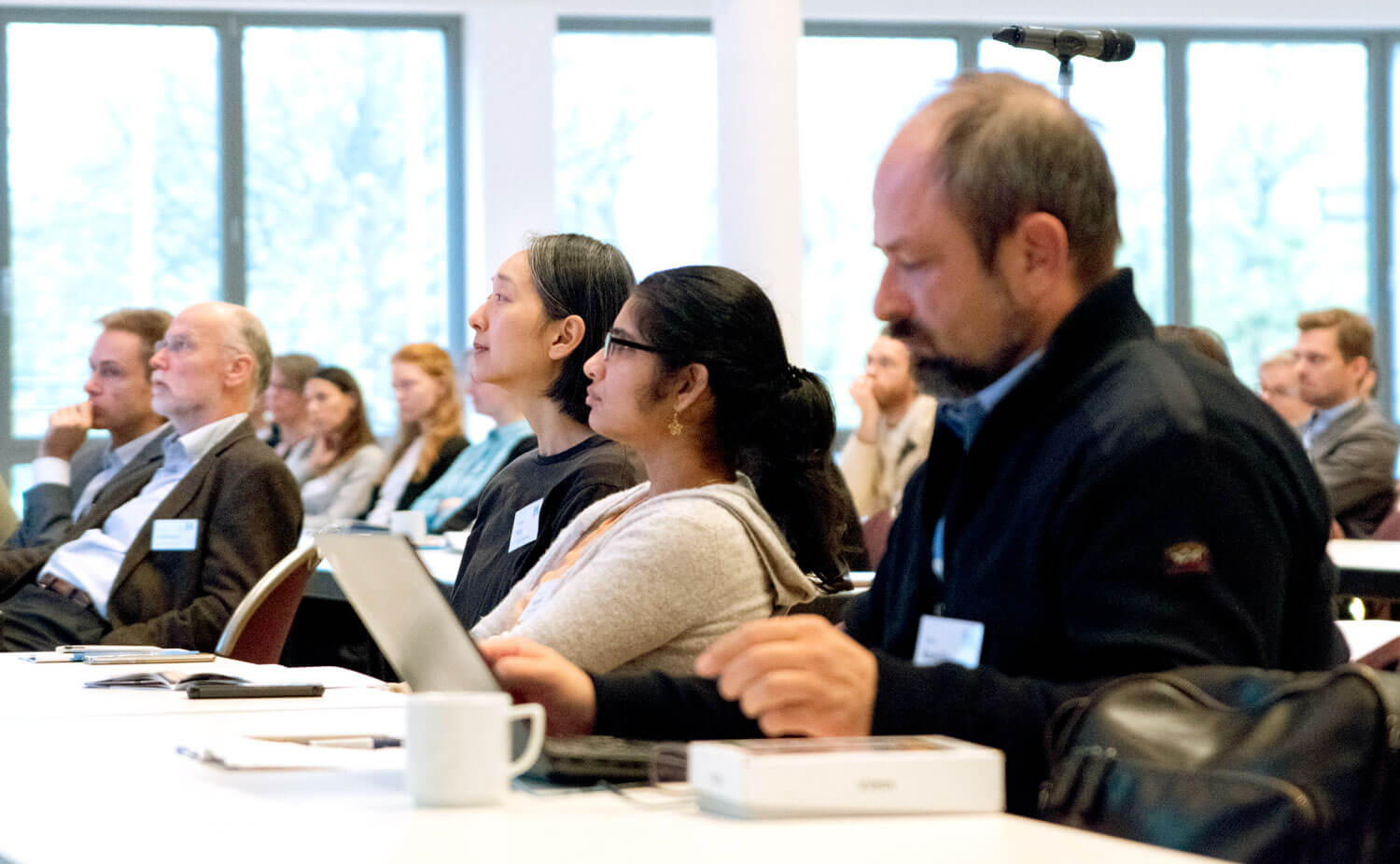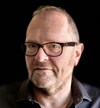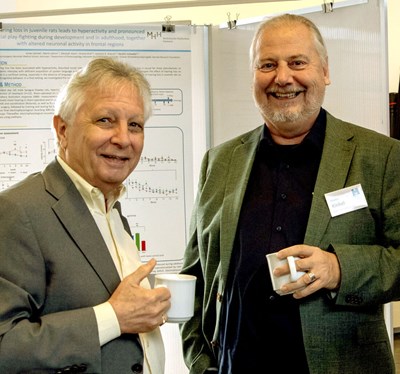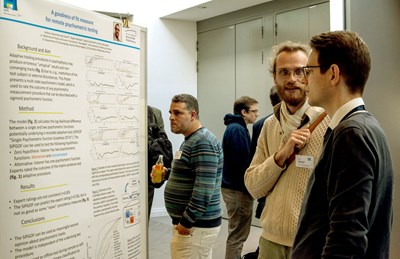
 Markus Meis, Senior Specialist Health Economics and Research, Cochlear Germany GmbH, Hanover, Germany.
Markus Meis, Senior Specialist Health Economics and Research, Cochlear Germany GmbH, Hanover, Germany.
The Hearing4all International Symposium is the showcase event of the research alliance funded under Germany’s scientific excellence strategy. It presents the latest scientific results not only from the 200-plus researchers in the Cluster of Excellence, but also from invited international high-level keynote speakers. The 2023 edition was held at Oldenburg and hosted more than 150 participants.
 Among the many topics discussed, some appeared repeatedly. One of them was the influence of vision on auditory perception. As Ladan Shams from the University of California, Los Angeles, showed in her keynote talk, visual information can exert a substantial influence on auditory processing and vice versa. Hearing4all researcher Sebastian Puschmann from the University of Oldenburg showed in his talk that functional magnetic resonance imaging (fMRI) technology can be used to assess neural responses to continuous (audiovisual) stimulation.
Among the many topics discussed, some appeared repeatedly. One of them was the influence of vision on auditory perception. As Ladan Shams from the University of California, Los Angeles, showed in her keynote talk, visual information can exert a substantial influence on auditory processing and vice versa. Hearing4all researcher Sebastian Puschmann from the University of Oldenburg showed in his talk that functional magnetic resonance imaging (fMRI) technology can be used to assess neural responses to continuous (audiovisual) stimulation.
Keynote speaker Anja Hahne from the Technical University of Dresden used the NH400 effect, which describes a delay in neuronal response when a person receives auditory information that does not match the visual information shown at the same time, for longitudinal studies on the semantic learning processes in cochlear implant users. The results of her work will be relevant for efficient rehabilitation training after cochlear implantation.
 But this was only one aspect that was discussed about the role and performance of cochlear implants (CI) in the treatment of hearing loss. The keynote talk by Akira Ishiyama from the David Geffen School of Medicine at Los Angeles, USA, focused on the long-term effects of cochlear implantation, especially new tissue formation as a foreign body reaction that can detrimentally affect the implant performance. To avoid such problems, again, Hanover Medical School is working in several Hearing4all projects on methods to minimise traumatic effects of electrode insertion. In his talk, Medizinische Hochschule Hannover (MHH) researcher Eugen Kludt assessed the combination of fluoroscopy and intraoperative measurements of the electrically evoked compound action potential (ECAP) as a means for safer and more effective electrode positioning.
But this was only one aspect that was discussed about the role and performance of cochlear implants (CI) in the treatment of hearing loss. The keynote talk by Akira Ishiyama from the David Geffen School of Medicine at Los Angeles, USA, focused on the long-term effects of cochlear implantation, especially new tissue formation as a foreign body reaction that can detrimentally affect the implant performance. To avoid such problems, again, Hanover Medical School is working in several Hearing4all projects on methods to minimise traumatic effects of electrode insertion. In his talk, Medizinische Hochschule Hannover (MHH) researcher Eugen Kludt assessed the combination of fluoroscopy and intraoperative measurements of the electrically evoked compound action potential (ECAP) as a means for safer and more effective electrode positioning.
In many of the talks presented at the symposium, it became obvious that the broad use of research and clinical data beyond institutional boundaries will play a key role for the improvement of care for hearing-impaired people. In the context of CI provision, it will be important to intelligently link and analyse clinical, as well as non-clinical databases of hearing aids and CIs to ensure evidence-based and holistic indication for CI, to run concurrent models for outcome prediction, and ultimately to provide better therapy for patients. It was therefore no wonder that Antje Wulff from the University of Oldenburg won the Best Highlight Talk Award for her excellent presentation, ‘Towards interoperable and FAIR datasets in audiology’.
Lena Schell-Majoor won the Best Poster Award for her presentation on one of Hearing4all’s core projects, the virtual hearing clinic.



